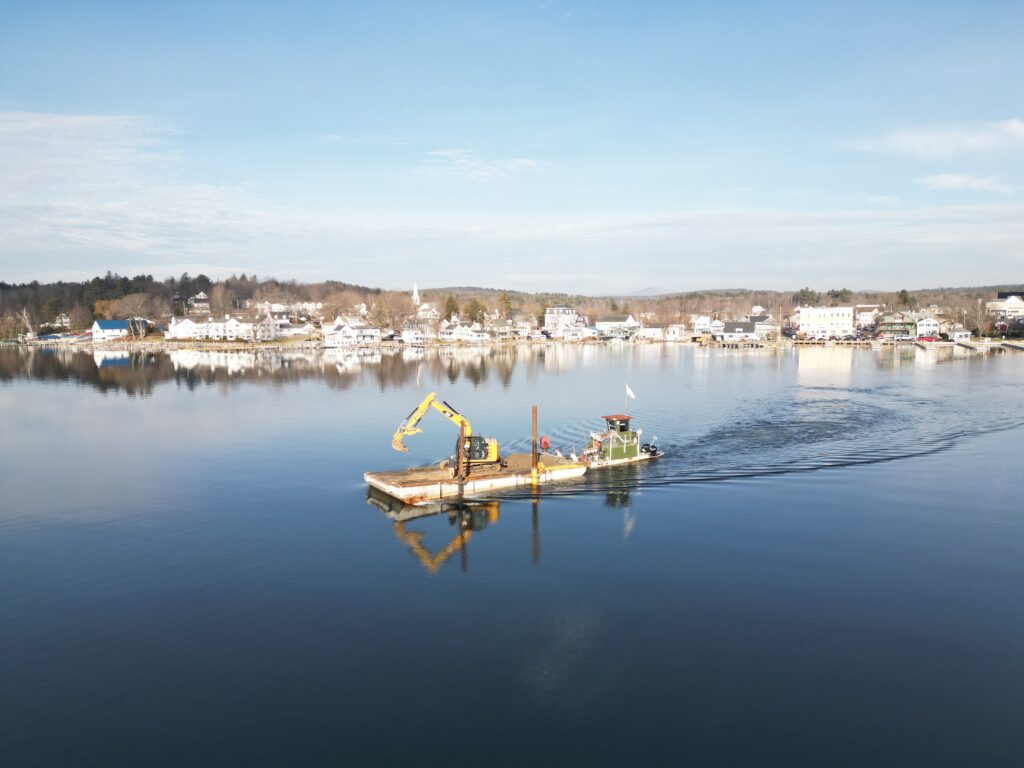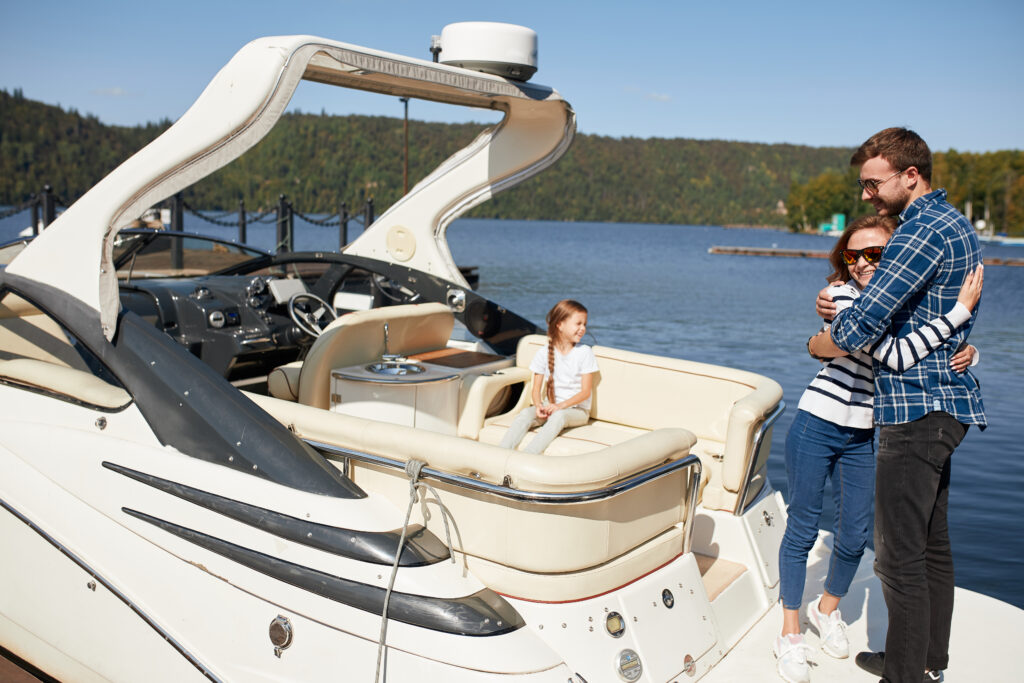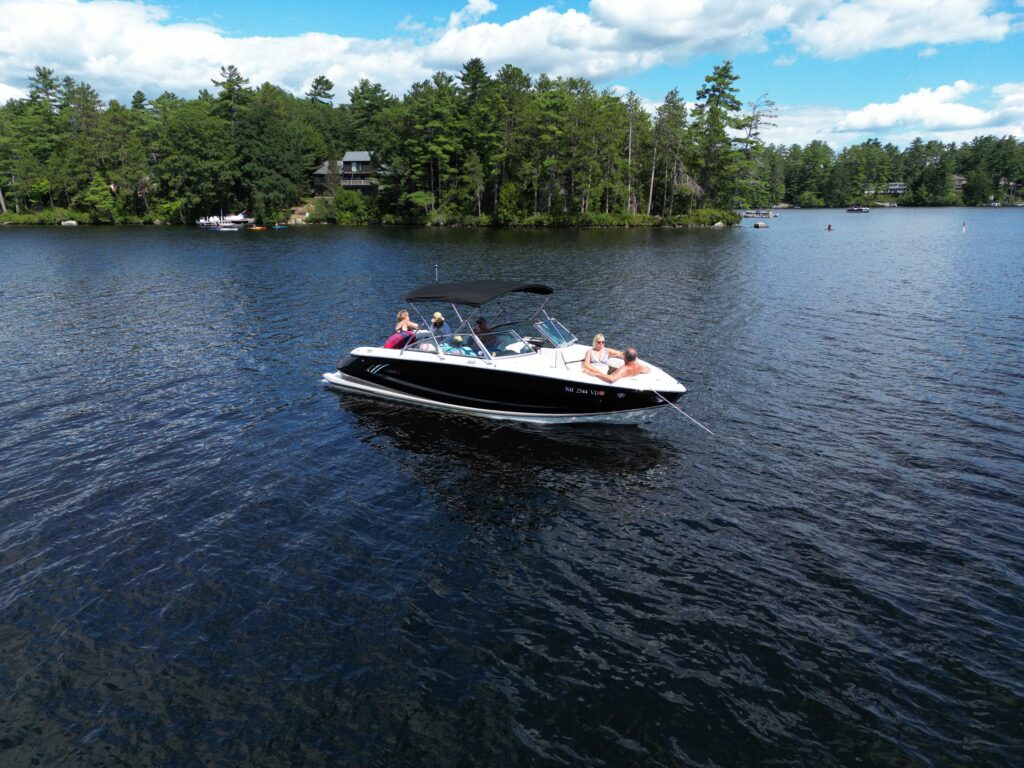Boating offers freedom and adventure, but it also comes with inherent risks. One of the most serious emergencies a boater can face is a capsizing incident. Understanding what should you do if your boat capsizes is critical for ensuring your safety and the safety of everyone on board. Preparation, quick thinking, and calm action can make all the difference in these high-stress situations.
While no one plans for an accident, knowing what should you do if your boat capsizes can empower you to respond effectively, preserve life, and expedite rescue efforts.

Staying Calm and Assessing the Situation
The first and most important thing to remember about what should you do if your boat capsizes is to stay calm. Panic can cloud judgment and lead to poor decisions. Take a few deep breaths, assess your surroundings, and quickly evaluate the immediate risks.
Check for hazards such as strong currents, nearby rocks, or other vessels. Ensuring personal safety is the top priority before attempting any further action.
Account for All Passengers
One of the key steps in understanding what should you do if your boat capsizes is making sure everyone is accounted for. Perform a headcount as quickly as possible. Ensure that everyone is wearing a life jacket, even if they were not when the capsize occurred.
If anyone is missing, call out and look around immediately. Swift action can prevent serious injuries or drownings.
Stay With the Boat Whenever Possible
A vital point when learning what should you do if your boat capsizes is the importance of staying with the boat. In many cases, a capsized boat remains partially afloat and can serve as a critical flotation device.
A boat is far easier for rescuers to spot than an individual swimmer. Climb onto the hull if possible, or stay near it to conserve energy and increase your visibility.

Signal for Help
Understanding what should you do if your boat capsizes includes knowing how to attract attention. Use visual distress signals such as flares, signal mirrors, or waving brightly colored clothing.
If you have access to a waterproof VHF radio or emergency beacon (EPIRB), use it to broadcast a mayday call and relay your location. Every moment counts when awaiting rescue.
Right the Boat if Feasible
Depending on the size and type of vessel, righting a capsized boat may be possible. Small sailboats and some dinghies are designed to be righted by the crew.
Knowing what should you do if your boat capsizes involves understanding when and how to attempt this safely. If the boat cannot be righted quickly, remain with it and focus on signaling for assistance.
Prioritize Hypothermia Prevention
Especially in cold water environments, understanding what should you do if your boat capsizes includes taking steps to prevent hypothermia. Even in relatively warm conditions, prolonged exposure can lead to dangerous body heat loss.
Climb onto the overturned hull if possible to reduce heat loss. If you must remain in the water, use the Heat Escape Lessening Position (HELP) by crossing your arms and legs to conserve warmth.

Distribute Weight Evenly
Another consideration when examining what should you do if your boat capsizes is weight distribution. If multiple people are clinging to the overturned vessel, distribute weight evenly to avoid further instability.
An overloaded or unevenly weighted boat can sink more rapidly or drift in unpredictable ways, making rescue more difficult.
Avoid Unnecessary Risks
When reviewing what should you do if your boat capsizes, it’s important to resist the temptation to swim for shore unless absolutely necessary. Even strong swimmers can become exhausted quickly, particularly in rough conditions.
Stay with the boat unless it poses an immediate danger or you are certain that safety is within an easily reachable distance.

Preventing Future Capsizes
Part of fully understanding what should you do if your boat capsizes is recognizing how to prevent such incidents in the first place. Key preventative measures include:
- Avoiding overloading your boat beyond its capacity.
- Securing all gear properly.
- Balancing weight distribution carefully.
- Monitoring weather forecasts before departure.
- Practicing proper boat handling techniques.
Preparation reduces the risk of capsizing and ensures you are better equipped to respond if it does happen.
Conclusion
What should you do if your boat capsizes? Stay calm, stay with the boat, account for all passengers, signal for help, and take actions to preserve warmth and visibility. Quick, decisive action can significantly improve your chances of survival and rescue. Tune into more tips about boating from our team.
